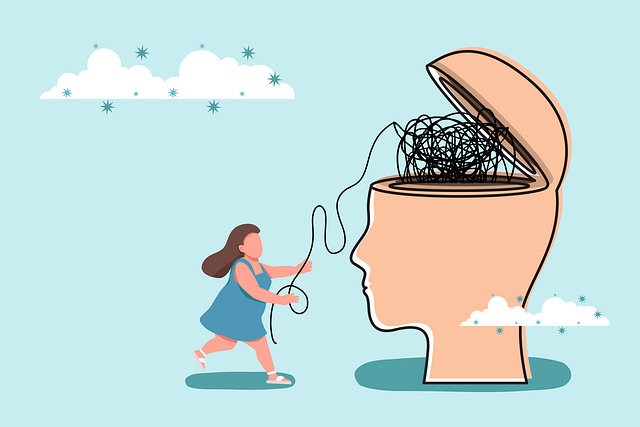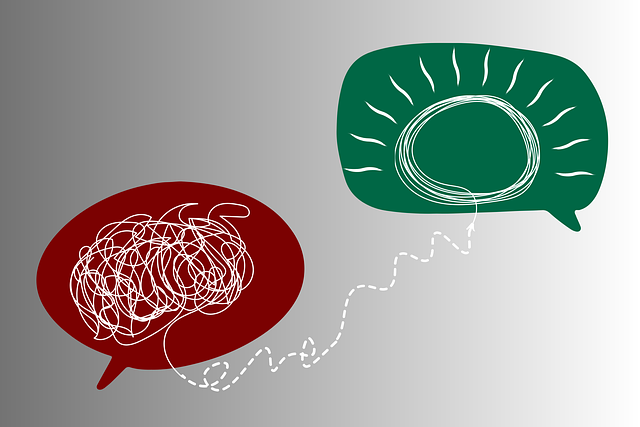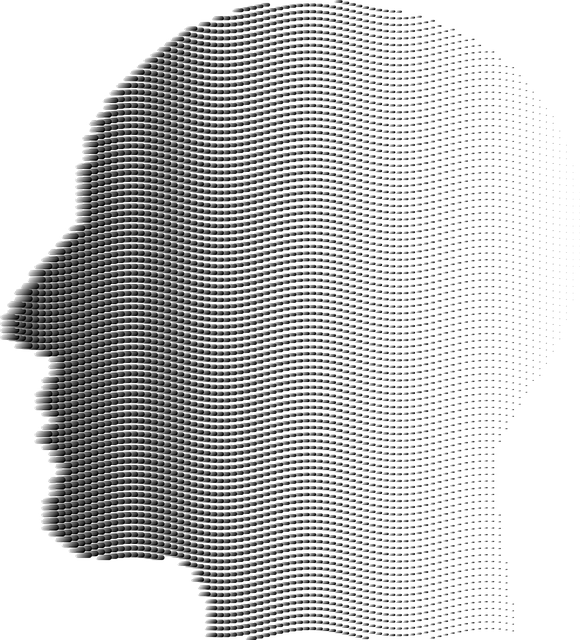Aurora Dialectical Behavioral Therapy (DBT) offers a specialized approach to healing from loss, grief, and bereavement. This evidence-based therapy provides tools for emotional regulation, mindfulness, distress tolerance, and interpersonal effectiveness, empowering individuals to navigate complex emotions. Through self-awareness exercises, community support, and tailored coping strategies, Aurora DBT fosters acceptance and recovery while integrating experiences without isolation. It's a transformative path to healing, offering a safe space to process grief and cultivate emotional intelligence.
Loss, grief, and bereavement are profound emotional journeys that can leave individuals feeling overwhelmed. This article explores these complex processes, offering insights into the various stages of healing. We delve into the transformative power of Aurora Dialectical Behavioral Therapy (Aurora DBT), a specialized approach designed to support those navigating grief. By understanding the role of DBT in managing intense emotions, readers will discover effective strategies for providing and receiving counseling support during challenging times.
- Understanding Loss, Grief, and Bereavement: A Journey Through Emotions
- The Role of Dialectical Behavioral Therapy (DBT) in Grieving Processes
- Aurora DBT: A Specialized Approach for Compassionate Healing
- Overcoming Challenges: Strategies for Effective Counseling Support
Understanding Loss, Grief, and Bereavement: A Journey Through Emotions

Understanding loss, grief, and bereavement is a journey through a complex tapestry of emotions. It’s not simply about mourning the absence of a loved one; it’s a process that involves acknowledging and accepting a wide range of feelings—from profound sadness and anger to confusion and guilt. Aurora Dialectical Behavioral Therapy (DBT) recognizes this emotional landscape as a crucial aspect of healing. Through evidence-based techniques, DBT helps individuals navigate their grief journey by fostering self-awareness exercises, promoting healthy coping mechanisms, and providing support tailored to their unique needs.
This process isn’t linear; it’s often a labyrinthine path with twists and turns. Individuals may experience intense waves of depression prevention as they confront their loss, requiring compassionate guidance from therapists skilled in managing complex emotions. Moreover, community outreach program implementation plays a vital role by offering safe spaces for folks to share their stories, fostering a sense of belonging, and helping them integrate their experiences into their lives without feeling isolated or overwhelmed.
The Role of Dialectical Behavioral Therapy (DBT) in Grieving Processes

Dialectical Behavioral Therapy (DBT), pioneered by Dr. Marsha Linehan, has emerged as a highly effective approach for managing complex emotions and distress during grief and bereavement processes. This therapy model is particularly beneficial for individuals struggling with intense feelings associated with loss, such as profound sadness, anger, or anxiety. DBT offers valuable tools to help grievers navigate their emotional landscape more effectively.
In the context of Aurora Dialectical Behavioral Therapy, clients learn essential skills to enhance coping abilities and improve self-esteem. The therapy focuses on cultivating compassion towards oneself and others, which is crucial for healing. Through structured sessions, individuals acquire techniques for mindfulness, emotion regulation, distress tolerance, and interpersonal effectiveness. These practices enable better management of emotional challenges during the grieving process, fostering a path towards acceptance and recovery.
Aurora DBT: A Specialized Approach for Compassionate Healing

The Aurora Dialectical Behavioral Therapy (Aurora DBT) is a specialized approach designed to help individuals navigate and heal from loss, grief, and bereavement. This therapy integrates principles from cognitive-behavioral therapy with mindfulness practices, offering a comprehensive framework for compassionate healing. Aurora DBT focuses on developing skills in emotional regulation, distress tolerance, interpersonal effectiveness, and mindfulness, which are essential tools for managing the complex emotions that often arise during times of loss.
By fostering positive thinking and encouraging self-care practices, Aurora DBT helps individuals process their grief while cultivating emotional intelligence. This approach recognizes that healing from loss is a unique journey for each person, and it provides a safe space to explore and express feelings without judgment. Through this specialized therapy, folks can gain insights, develop coping mechanisms, and eventually find ways to integrate the experience of loss into a meaningful and balanced life.
Overcoming Challenges: Strategies for Effective Counseling Support

In the face of loss, grief, and bereavement, seeking counseling support is a courageous step toward healing. Effective therapy provides a safe space for individuals to process their emotions, fostering empathy and understanding from trained professionals. Aurora Dialectical Behavioral Therapy (DBT), for instance, offers powerful tools tailored to help clients navigate challenging emotional situations, such as intense pain or anger related to loss. Through this therapy, individuals learn valuable conflict resolution techniques and empathy building strategies, empowering them to manage their emotions constructively.
Counseling sessions can facilitate a profound sense of self-acceptance and resilience. By mastering coping mechanisms like mindfulness and distress tolerance, clients gain the confidence to confront their grief directly. This process involves acknowledging painful feelings without judgment, allowing for genuine healing and personal growth. Ultimately, these evidence-based approaches help individuals transform their grieving experience into a journey of restoration and enhanced emotional well-being.
In light of the complex nature of loss, grief, and bereavement, incorporating specialized approaches like Aurora Dialectical Behavioral Therapy (Aurora DBT) offers profound healing. This therapy equips individuals with essential coping strategies to navigate their emotional journeys effectively. By understanding and addressing the unique challenges associated with these processes, counselors can foster compassionate healing and support those in their care. Aurora DBT stands out as a powerful tool, providing practical techniques to manage intense emotions, enhance resilience, and promote meaningful growth following loss—ultimately empowering individuals to find solace and rebuild their lives.








